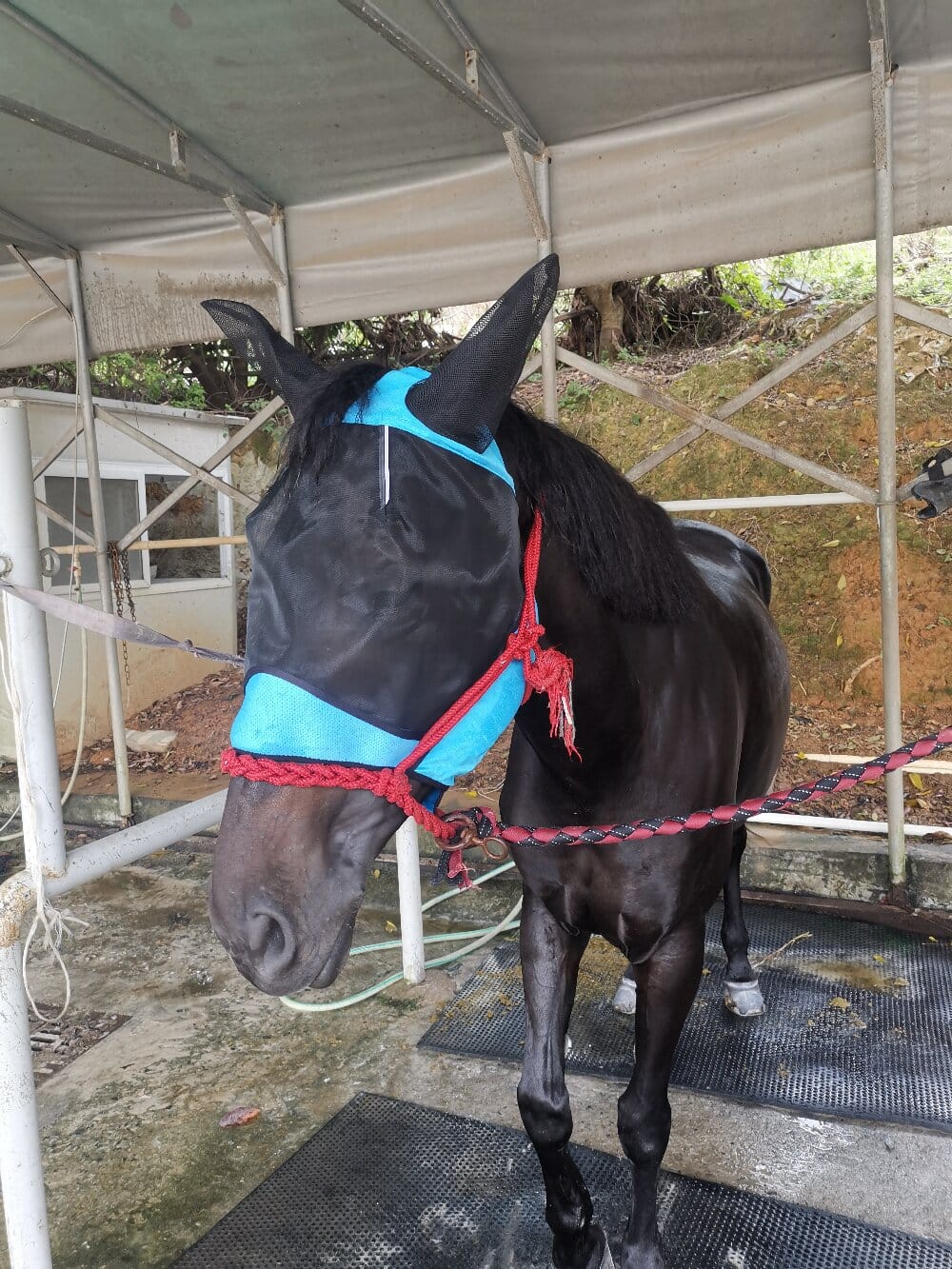When it comes to protecting horses from relentless pests, a horse fly mask is an indispensable tool. These specialized face coverings shield equines from irritating flies, mosquitoes, and other biting insects that can cause discomfort, infections, or even diseases. In this case study, we’ll explore how one stable transformed their horses’ well-being by incorporating fly masks into their daily care routine—revealing surprising benefits beyond simple pest control.
Why Fly Masks Are More Than Just Bug Protection
At first glance, a horse fly mask might seem like a simple mesh screen, but its impact runs deeper. Beyond keeping flies at bay, these masks offer UV protection, reduce eye irritation, and prevent scratches from vegetation. In our case study, a stable in Texas noticed a dramatic decrease in eye infections and sunburn after introducing fly masks during peak summer months. The horses were visibly calmer, with fewer tail swishes and head shakes—a clear sign of relief.
Real-Life Benefits Observed in the Field
The stable’s experience highlighted several key advantages of using fly masks:
- Reduced Stress: Horses wearing masks exhibited less agitation, leading to better training sessions.
- Healthier Eyes: Fewer cases of conjunctivitis and corneal ulcers were reported.
- Long-Term Savings: Lower veterinary bills due to fewer insect-related ailments.
One standout case was a sensitive Arabian mare named Luna, who had previously suffered from chronic eye irritation. After using a fly mask with UV-blocking properties, her symptoms vanished within weeks.
Choosing the Right Fly Mask for Your Horse
Not all fly masks are created equal. The stable’s trial-and-error process revealed critical factors to consider:
- Material: Breathable, lightweight fabrics prevent overheating.
- Fit: Adjustable straps ensure comfort without rubbing.
- Coverage: Extended designs protect ears and muzzle if needed.
The team found that investing in durable, high-quality masks paid off—cheaper options often tore or lost elasticity quickly.
Common Misconceptions Debunked
Some horse owners hesitate to use fly masks, fearing they might limit visibility or cause discomfort. However, the stable’s experience proved otherwise:
- Visibility: Horses adapted quickly, with no signs of hindered movement or spatial awareness.
- Comfort: Properly fitted masks didn’t cause rub marks or resistance.
- Maintenance: Regular cleaning kept masks hygienic and long-lasting.
Final Thoughts: A Small Change With Big Impact
This case study underscores how a simple horse fly mask can dramatically improve equine health and comfort. From reducing stress to preventing costly medical issues, the benefits are undeniable. Whether you own a competition horse or a pasture companion, integrating a fly mask into their summer routine is a small step that yields significant rewards.

